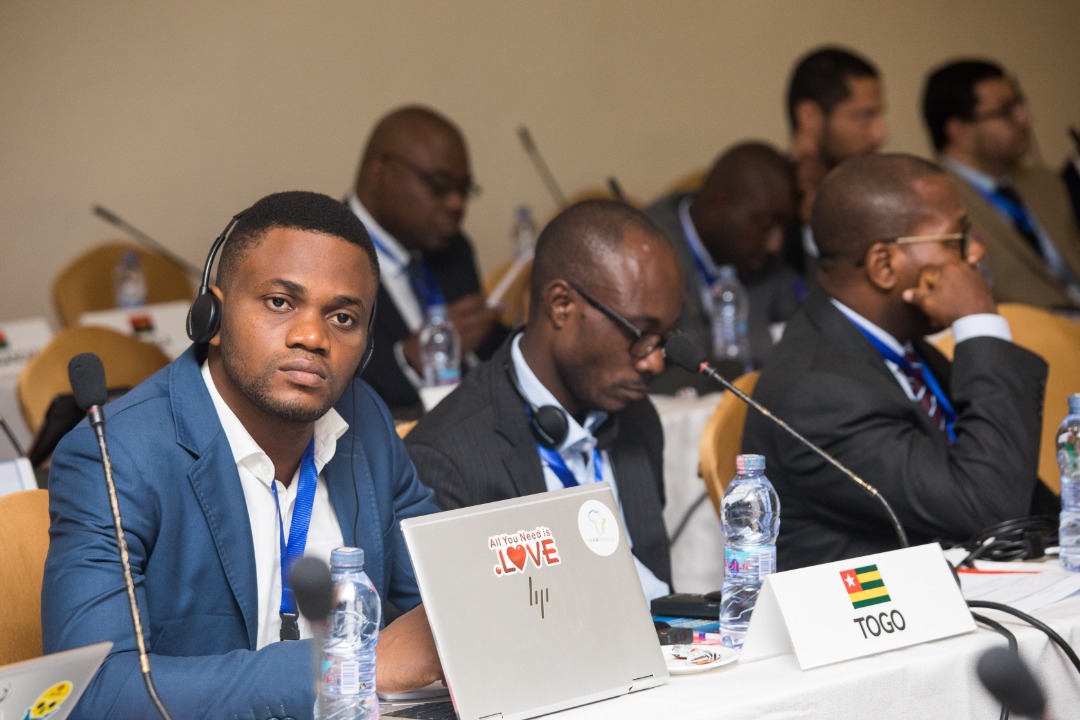Smart Africa and Intel Corporation partner to build Artificial Intelligence capacity building for African policymakers
- Public sector decision makers from 22 African countries participated in the four-day capacity building session.
- The session aims at empowering leaders on emerging technologies to drive informed policymaking.
March 19th 2021, Kigali, Rwanda. Smart Africa under its capacity building arm the Smart Africa Digital Academy (SADA) in partnership with Intel Corporation held a capacity building workshop on artificial intelligence, to empower African public sector decision makers on emerging technologies to drive informed policymaking, foster the growth of the digital economy, and promote national competitiveness.
The workshop is part of the “Digital Readiness for Leaders” program spearheaded by Intel which targets policymakers responsible for designing, developing, and deploying emerging technology-based solutions. The session was held from the 15th to 19th March 2021 and engaged in technology considerations for security in AI and the importance of data. Government officials from 22 African countries participated in the four-day virtual event.
“We have built a strong relationship with Intel Corporation over several years as an integral member of the Smart Africa Alliance. This partnership is premised on the understanding that digital growth should be underpinned by strong and informed decision making. Capacity building for decision makers is a critical element through which we build towards a single digital market for Africa,” said Lacina Koné, Smart Africa’s CEO / Director-General.
Artificial intelligence is deemed crucial to digital and economic transformation. AI could increase global GDP by $15.7 trillion by 2030, creating the need for policymakers to understand its benefits and risks to promote responsible AI that leads to sustainable economic growth.
This capacity-building session comes at an opportune moment when Africa is experiencing significant technology adoption amid growing interest by tech giants in the African market.
“There is a need for enabling policies that will unlock investments into Africa’s tech sector and facilitate skills development mainly for Africa’s growing young population. Educating and empowering government leaders on emerging technologies to drive informed policymaking and expand digital readiness for all is of utmost importance,” said Sven Beckmann, Intel Emerging Markets Director for Government and Education. “We are excited to work with Smart Africa and look forward to our collaboration with government leaders for their digital transformation journey.”
This is part of series of capacity building initiatives that will be carried out by SADA throughout the year with the ultimate aim to accelerate digital transformation on the continent.
About Smart Africa
Smart Africa is an alliance of 31 African countries, international organizations and global private sector players tasked with Africa’s digital agenda. The alliance is empowered by a bold and innovative commitment by African Heads of State to accelerate sustainable socioeconomic development on the continent and usher Africa into a knowledge economy through affordable access to broadband and use of ICTs. With a vision to create a single digital market in Africa by 2030, the Smart Africa Alliance brings together Heads of State who seek to accelerate the digitalization of the continent and create a common market. Launched in 2013 by seven (7) African Heads of State, the Alliance now has 30 member countries, representing over 750 million people and over 40 Private Sector members committed to the vision and the advancement of Africa.
Created in 2020, the Smart Africa Digital Academy (SADA) was set up as a catalyst for building fair, inclusive and sustainable digital societies in Africa. It is a pan-African dynamic learning ecosystem in which African citizens of all ages and social classes can gain or improve their digital skills, gain qualifications, meet the emerging talent needs of employers, industry or be self-reliant.
For more information, contact:
Smart Africa Secretariat
E-mail: comms@smartafrica.org
Website: www.smartafrica.org
Twitter: @RealSmartAfrica
Facebook: RealSmartAfrica

